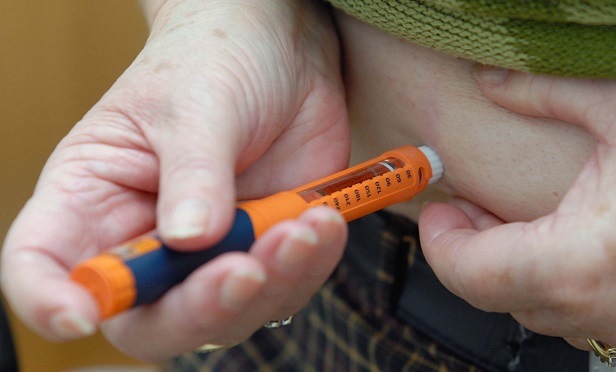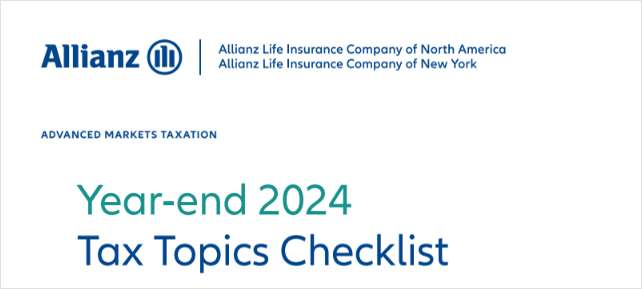
 (Photo: Guido Krzikowski/BB)
(Photo: Guido Krzikowski/BB)
Drugmaker Eli Lilly & Co. will offer a half-priced version of its blockbuster insulin, becoming one of the first companies to effectively cut the price of a top-selling drug amid the ongoing U.S. debate over pharmaceutical costs.
While it will continue selling its brand-name version at the existing price, Indianapolis-based Lilly will also sell a half-cost "authorized generic" for $137.35 a vial, or $265.20 for a five-pack of injectable pens. That will give a better deal to customers who pay cash, or who are in insurance plans that make them pay a percentage of a drug's list price.
Insurers and PBMs don't typically pay the listed prices for drugs, and instead negotiate discounts and rebates that can help lower premiums as a whole, but that can result in large out-of-pocket costs for some patients on costly medicine or who have chronic conditions that force them to take treatments year-round.
(Related: Insulin Makers Face Drug Pricing Suit)
"The significant rebates we pay on insulins do not directly benefit all patients. This needs to change," Lilly Chief Executive Officer David Ricks said in a statement announcing the move. "We hope our announcement is a catalyst for positive change across the U.S. health care system."
Lilly's move is one of the first by a major drugmaker to offer a cut-price version of a major product, and could put pressure on other pharmaceutical companies to do the same. Mylan NV faced a similar outcry over the price of its EpiPen allergy shot, and in 2016 announced a lower-cost authorized generic. But such moves have been rare, even as drug CEOs have been called before Congress and faced frequent criticism from both political parties.
There are millions of people with diabetes in the U.S., and insulin has become a particular flashpoint for the debate over the cost of drugs. Lilly, Novo Nordisk A/S and Sanofi last month were sent letters by a Senate committee asking how they set insulin prices, and Sanofi CEO Olivier Brandicourt was among the pharma bosses who headed to Washington last month to testify on drug costs.



